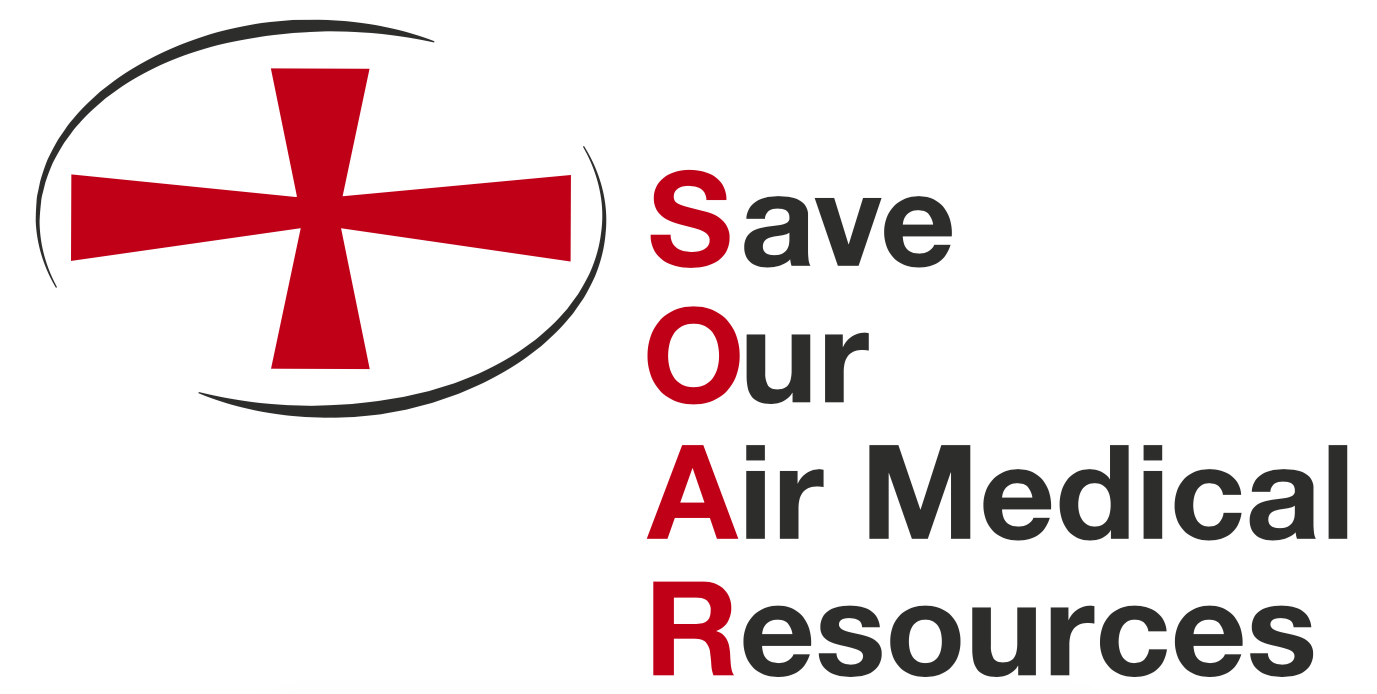The Save Our Air Medical Resources (SOAR) Campaign recently participated in the One Country Project’s second annual Rural Progress Summit to discuss the challenges facing rural America in accessing quality, affordable health care in the midst of under-reimbursement from government payors.
During the three-day event, a diverse group of industry specialists, policymakers, and rural advocates gathered to discuss important issues and explore policy-making opportunities for rural communities in America.
The second day of the event featured a panel titled “Delivering Healthcare in Rural America” examining the challenges of delivering affordable and accessible health care to rural communities. Carolyn Mayle, Vice President of Government Affairs at Air Methods, highlighted the risks that federal cuts pose to patients.
Alabama House Minority Leader Anthony Daniels moderated the session and shared that in the last ten years, approximately 17 hospitals have been forced to close in Alabama. This follows a national trend of rural hospitals struggling to remain open, with over 130 rural hospital closures since 2010.
When asked about the biggest health care challenges facing rural America, Mayle said, “The Medicare reimbursement challenge is a huge issue across the board for many health care providers. We support policies to help preserve and buttress rural hospitals... but what we have been seeing with rural hospital closures and the restriction of certain services and specialty positions in those rural hospitals is that we are busier than ever, and it is putting a huge strain on our system.”
Medicare currently reimburses air medical providers at less than 50 percent of the actual costs associated with air transport. This endangers access to emergency services, with providers struggling to preserve access to lifesaving air medical flights for Americans in rural communities.
In addition to low reimbursement from Medicare and other government providers, the U.S. Department of Veterans Affairs (VA) recently announced cuts to its reimbursement rate, aligning it with the Medicare rate effective February 2024. This change will have a significant impact on Veteran’s access to air ambulance transport. In 2022 alone, Air Methods transported over 1,400 Veterans, and 30 percent of its workforce is comprised of Veterans who work in positions such as helicopter pilots or clinicians.
“The challenge we have right now is that the VA has proposed changing the reimbursement of how they pay us… and then going to Medicare,” said Mayle. “This would be great if Medicare paid us closer to what our costs are. But our Medicare reimbursement right now has not been updated in over 20 years.”
Mayle said that if the VA’s proposal goes forward, it could deeply hurt Veteran access to air medical services, as bases risk being closed, particularly in rural parts of America where lower-income populations tend to live.
In addition to this panel, One Country Project and SOAR conducted a poll to gather voters’ views on access to emergency care in rural areas and rural health care. Despite overwhelming support for quality and affordable health care for all Americans, only a third agreed that the quality of health care in rural communities was adequate. Furthermore, a majority of voters (84%) supported increasing the Medicare reimbursement rate for emergency air medical services so it is aligned with the actual cost of transporting patients.
Mayle discussed the bipartisan Protecting Air Ambulance Services for Americans Act that was recently introduced in the House and Senate. If passed, this legislation would give CMS the ability to use industry cost data to make long-awaited updates to the Medicare reimbursement rate, preserving access to lifesaving flights for millions of rural Americans.

